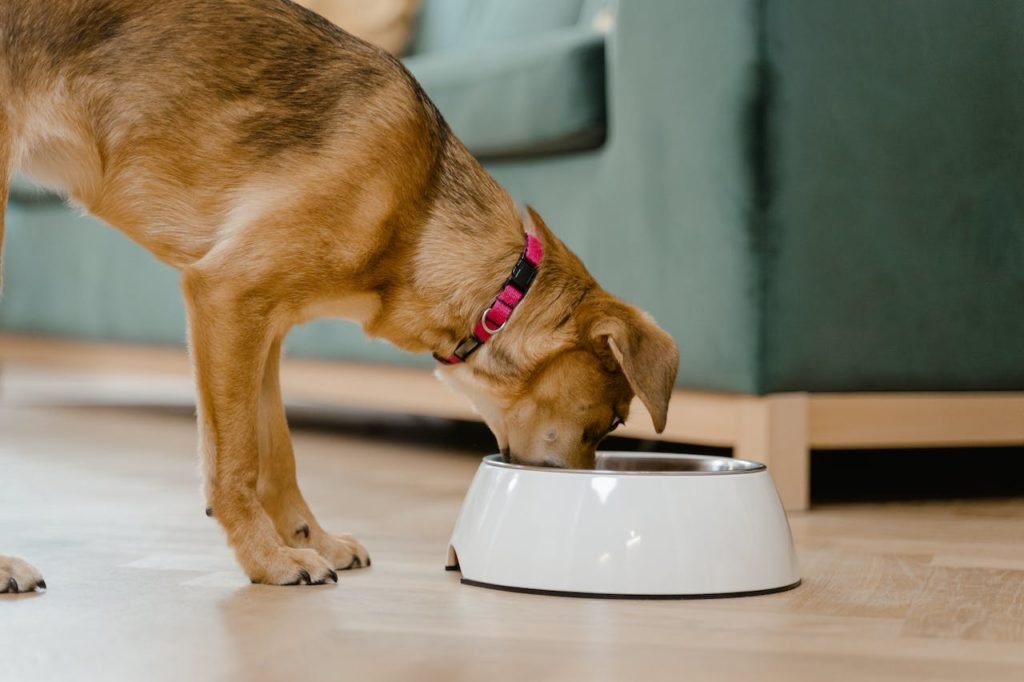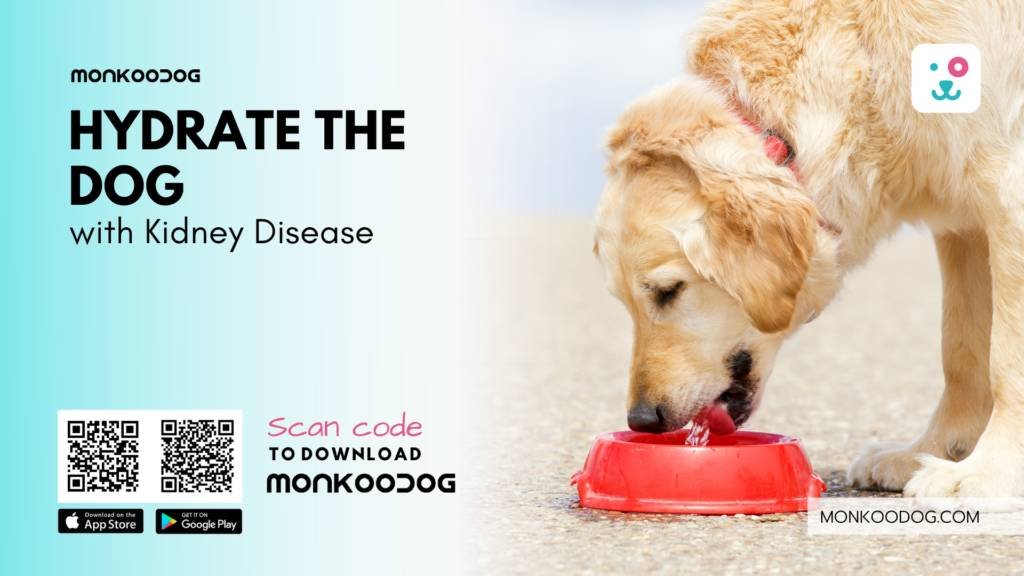Kidney disease is a common condition in dogs, especially as they age. One of the most important aspects of managing kidney disease in dogs is ensuring proper hydration.
Proper hydration is important in maintaining the overall health and well-being of a dog with kidney disease. It helps to flush out toxins from the body and supports the proper functioning of the kidneys.
This article will explore effective ways to hydrate a dog with kidney disease. So, if you have a dog with kidney disease, you might want to read to the end to learn more.
How Can Kidney Supplements Help Hydrate Your Dog?
Some kidney supplements, like those offered at Doggie Herbs, are natural and can significantly aid in hydrating and healing dogs with kidney disease.
These herbs are specially formulated to support kidney health and function. They can help improve urine output and kidney blood circulation and promote better hydration in dogs by increasing water intake and enhancing kidney function.
They also contain safe and well-researched ingredients known for their diuretic properties and ability to flush out toxins from the body.
How To Hydrate A Dog With Kidney Diseases

When it comes to hydrating a dog with kidney disease, several strategies can be implemented to ensure that your furry friend stays adequately hydrated.
- Offer fresh water: Kidney disease can cause excessive thirst in dogs, so having a readily available water source is vital. Ensure your dog’s water bowl is clean and easily accessible. You can even consider strategically placing multiple water bowls around your home to encourage more frequent drinking.As a responsible pet owner, monitor your dog’s water intake, as this information can help the vet assess the progress of kidney disease.
- Give your dog fresh food: Around 70% of fresh food consists of water, which provides hydration and valuable nutrients. Feeding your dog a balanced diet with fresh food can support their health. Fresh food options can include lean meats, vegetables, and fruits suitable for dogs. However, consult your veterinarian to create a diet plan that meets your dog’s specific needs and dietary restrictions due to kidney disease.
- Low sodium broth: Low-sodium broth is a tasty hydrating solution, particularly for dogs hesitant to drink plain water. But be careful; the sodium content in commercial broths can be high, so it’s important to look for low-sodium or sodium-free options to avoid exacerbating kidney issues.You can use low-sodium chicken or beef broth to supplement your dog’s meals or provide it as a standalone beverage.
- Subcutaneous fluid therapy: Subcutaneous fluid therapy is a medical intervention that can help maintain your dog’s hydration levels when kidney disease becomes severe. Under your veterinarian’s guidance, you’ll learn how to administer fluids under your dog’s skin. You can do this at home, and helps to keep your dog well-hydrated and manage their kidney disease.The process is similar to giving a shot, where you insert a needle under the skin and slowly introduce fluids. The fluids are absorbed into the body, aiding in rehydration.
- Consider wet food: Wet dog food, which contains more moisture than dry kibble, can be an excellent choice for dogs with kidney disease. It helps with hydration and makes it easier for your dog to consume, especially if they have a decreased appetite. Look for commercial wet foods specifically formulated for dogs with kidney disease. These diets are designed to have controlled protein, phosphorus, and sodium levels, which are crucial for managing the condition.
Why Is Hydration Important To Dog With Kidney Diseases?
Hydration is crucial in maintaining dogs’ overall health and well-being, especially those with kidney diseases. Here is why hydration is important to dogs with kidney issues.
- Prevents dehydration: Dogs with kidney disease are at higher risk of dehydration due to increased urine production. Dehydration can lead to further kidney damage and other health complications.
- Supports blood pressure: Proper hydration helps maintain healthy blood pressure levels, essential for kidney function. If your dog has little water, the blood pressure will be low, negatively affecting the kidneys.
- Maintains kidney function: Adequate hydration helps the kidneys filter waste products and toxins from the bloodstream more efficiently. This is especially important for dogs with compromised kidney function, as it reduces the workload on the kidneys.
- Reduces the concentration of toxins: The kidneys are responsible for filtering out waste products from the bloodstream and eliminating them through urine. When the kidneys are not functioning optimally, toxins can accumulate in the body, leading to further complications. Adequate hydration helps dilute these toxins and promotes their elimination through urine, reducing their concentration and minimizing potential harm.
- Prevents electrolyte imbalances: Proper hydration is essential for preventing electrolyte imbalances in dogs with kidney diseases. Electrolytes such as sodium, potassium, and calcium help to maintain the body’s fluid balance. When a dog is dehydrated, electrolyte imbalances can disrupt normal bodily processes. With adequate hydration, we can help maintain electrolyte balance and reduce the risk of complications associated with imbalances in our dogs.
Conclusion
As a pet owner, it’s important to hydrate your dog, especially if it has kidney disease, to support their overall health and manage their condition effectively.
Providing fresh and clean water at all times is essential, as it helps to flush out toxins from their system and prevents dehydration.
Remember to consult with a veterinarian for specific hydration requirements and discuss any potential dietary modifications or supplements that may benefit the dog’s kidney health.

